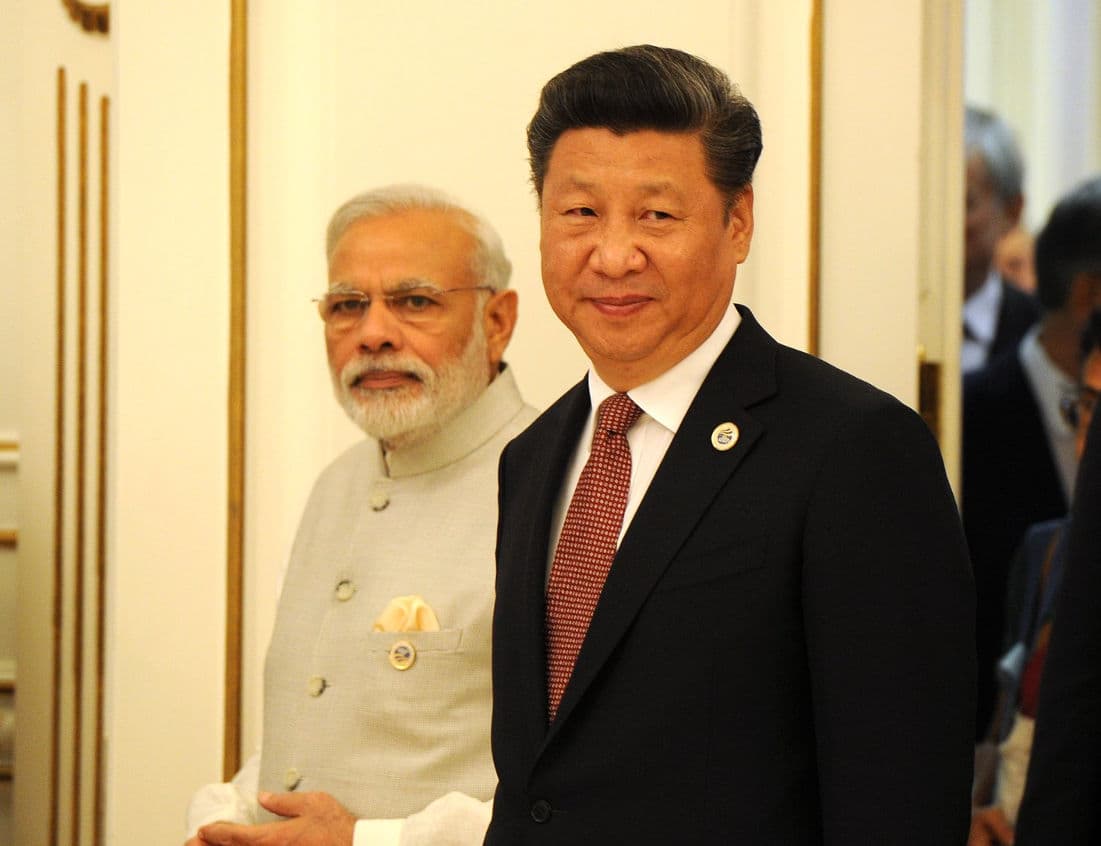Acceptance Into Wassenaar Arrangement may be India's Ticket to NSG, Which China Opposes
Sonia Chauhan
December 17, 2017

NEW DELHI, India (Vianews) - Wassenaar Arrangement (WA) is an important Multilateral Export Control Regime(MECR) and has been recently on limelight with India joining in.
Established in 1996, Wassenaar aims at establishing increased transparency and greater responsibility in the transfer of dual-use goods and technologies. It also provides collaboration and technological transfer in civil-military WMD capabilities. Along with Missile Control Regime, NSG and Australia Group, Wassenaar enjoys the elite status in countries subscribing to arms export control. This Indian inclusion is extremely interesting in current geopolitical context considering the fact that barring China, all other UNSC permanent members are signatories to it.
New Delhi’s inclusion in non-proliferation happened after a two-day plenary meeting in Vienna. The grouping was quoted to have issued this in a statement, “Wassenaar Arrangement participating states reviewed the progress of a number of current membership applications and agreed at the plenary meeting to admit India which will become the Arrangement’s 42nd participating state as soon as the necessary procedural arrangements for joining the WA are completed.”
The interesting bit here is, India being a non-signatory in Nuclear Proliferation Treaty, and New Delhi is keen to use WA as a credential booster to have a seat into 48-member Nuclear Suppliers Group (NSG), of which China was a staunch opposer of.
India became a full member of Missile Technology Control Regime (MTCR) last year, and since its civil nuclear deal with the US, India has been eying on the big four multilateral export control regimes to regulate the conventional, nuclear, biological and chemicals weapons and technologies. “One more recognition, after MTCR, of the growing role India plays in today’s world,” French Ambassador to India, Alexandre Ziegler congratulated on the membership.
The major criticism against WA is it being a refurbished Cold War instrument to digitally divide western countries and governments to monopolize emerging markets and even to suppress them in the process. Computer scientists and policy analysts have also expressed concern about developed economies using less developed countries as Guinea Pigs for their cybersecurity research by supplying them with intrusive technologies that could be used for mass surveillance. But to New Delhi, it is more of a stepping stone to NSG and collaborative opportunity in technological transfers.
“The Plenary meeting of the Wassenaar Arrangement held on 6 to 7 December 2017 in Vienna, Austria, has decided to admit India, which will become the Arrangement’s 42nd participating state. The necessary procedural arrangements for India’s admission will be completed shortly,” the spokesperson for the Ministry of External Affairs said at his weekly briefing.
According to the MEA spokesperson, “While membership of the Arrangement would not automatically entail any preferential treatment from other WA members, it would create the grounds for realignment of India in the export control policy framework of other WA members, including eligibility for certain licensing exceptions.”
The general consensus has been welcoming, both nationally and internationally. Russian Deputy Foreign Minister, Sergey Ryabkov, had said earlier this week that Russian support for Indian membership in the organization will help bilateral ties, and added, “This is an example and reflection of Russia’s unwavering support to India’s membership of international nuclear control regimes.” And with the increasing influence of China on the subcontinent, WA is being viewed as an affirmation of greater cooperation in the geopolitical sphere as the new status- quo power.
MEA official statement on Wassenaar Arrangement directs to exactly that,"India would like to thank each of the forty-one WA Participating States for their support for India’s membership. We would also like to thank Ambassador Jean Louis Falconi of France, 2017 Plenary Chair of the WA for his role in facilitating India’s accession to the Arrangement. India also notes the valuable contribution of Japan and France as co-rapporteurs, and Ambassador Philip Griffiths, Head of WA Secretariat, for their guidance during the preparatory process. India’s entry into the Arrangement would be mutually beneficial and further contribute to international security and non-proliferation objectives,"
